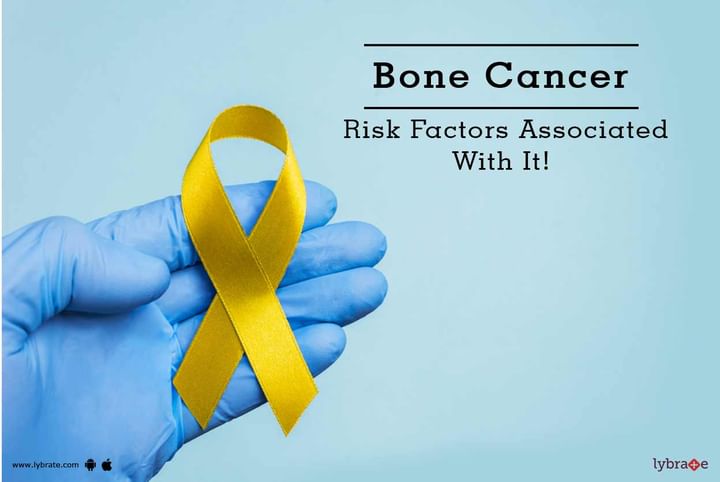Bone Cancer - Risk Factors Associated With It!
Bone cancer is a rare form of cancer in the cancer family. It affects one of the bones of your body and spreads to other bones. But, more often, it has the tendency to affect the long bone in the legs and the arms. There are many types of bone cancers. While some of them can affect children, the others typically affect the adults. This type of cancer is different than those cancers which get initiated from other parts of the body and spread to the bones.
What are the symptoms of bone cancer?
The typical signs and symptoms of bone cancer include acute pain in the bone, tenderness in the affected area, swelling of certain bones, a tendency of bone breakage, fatigue with little or no effort, unexplained weight loss, shortness of breath etc.
What are the causes of bone cancer?
There is no particular reason for bone cancer. Studies have shown that an error in the structure of the DNA leads to bone cancer. This error leads the bone to grow and divide in an uncontrolled manner leading to non-extinction of cells. These cells keep growing and form a mass invade to other parts of the body, leading to cancer.
What are the different types of bone cancer?
The type of the bone cancer can be distinguished from where cancer originates from. Some of the common bone cancer type includes the following:
- Osteosarcoma: This is the form of cancer that originates from the bone cells and is often witnessed in young adults and children. They often attack the arm and the leg.
- Chondrosarcoma: This form of cancer begins from the cartilage cells. The exact place of damage appearance includes legs, arm, and pelvis. This is typically observed in middle-aged persons in older adults.
- Ewing's sarcoma: Though researchers are yet to find out the location this form of bone cancer originates from, it is mostly considered to affect the legs, arms, and legs of young children.
What are the risk factors?
While doctors are yet to researching for the exact reason of bone cancer, there are certain risk factors which have been associated with the bone cancers.
- Inherited genetic syndromes: Certain genetic condition such as the hereditary retinoblastoma and Li-Fraumeni syndrome which are passed on from generations are a prime culprit of bone cancer.
- Paget's disease: This is a bone-related disorder that affects the bone and increases the chance of bone cancer.
- Radiation: Exposure to a huge amount of radiation increases the chances of bone cancer and other associated cancers.
How is bone cancer detected?
Imaging tests such as the bone scan, x-ray, MRI, PET scan and the CT scan can diagnose bone cancer. Apart from these, oncologists might order a biopsy that includes removing a part of the tissue and test the same in a laboratory can also help to detect bone cancer.



+1.svg)
